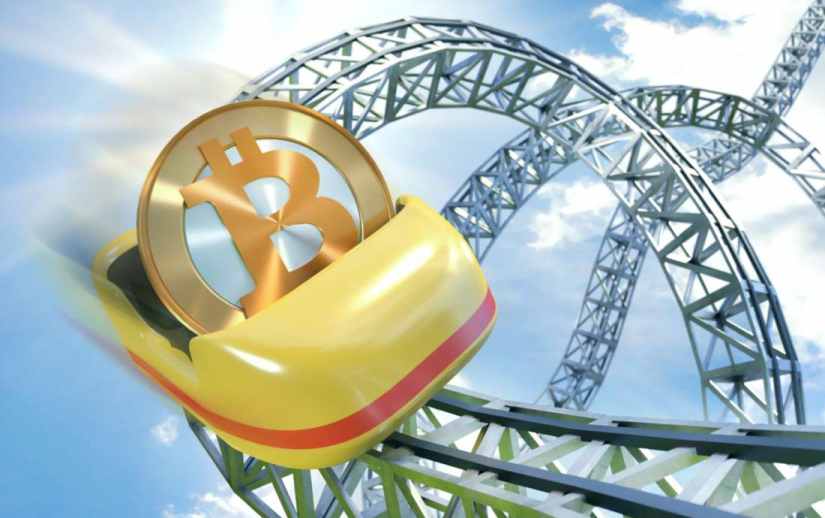Buy the Rumor, Sell the News — Why It is Always Relevant to All Markets
As you know, markets are generally more about people buying or selling with an intent to make profit from the price difference and less about the actual demand and supply of the underlying asset.
There is a substantial portion of the market that are “in it” for the gains (traders and investors). Sure, there is a portion that actually need the asset, but that is an economics topic.
Basically, it goes like this: Rumors, press releases, or hype will be caught on by the public. Long term investors see this as an opportunity to buy cheap before the asset begins to generate income. They are banking that the asset will appreciate in value as it becomes a future success story.
However, traders also see this as an opportunity because they know there will be long term investors waiting to buy.
The problem is: there will always be a disproportionate number of traders as oppose to investors.
Hence, prior to a launch or an event, the price of an asset will rise as buyers (investors and traders) try to outbid each other causing a buying bubble.
And then when the launch/event has passed, the price crashes as traders begin to take profit and move on to the next asset. They do this because they know the buying will lessen since there will be less investors buying an overpriced launch.
And so, the temporary price crash cycle begins. Traders begin to outsell one another and causing panic for buyers who bought higher to sell at a loss.
This is all about market psychology–fear of missing out on a profit opportunity (greed) and fear of losing value.




